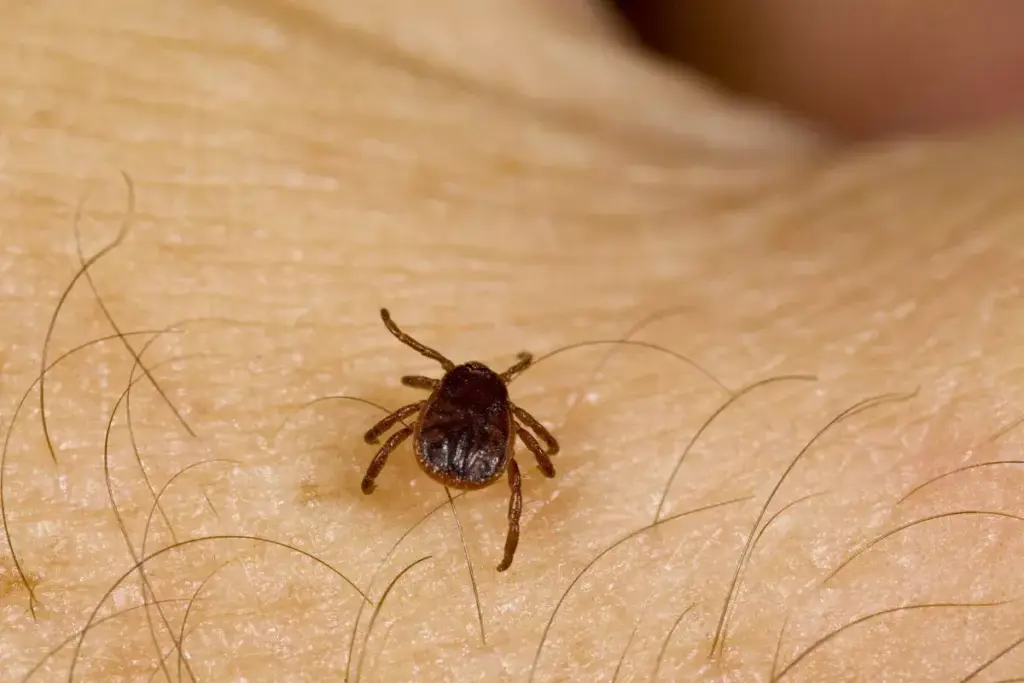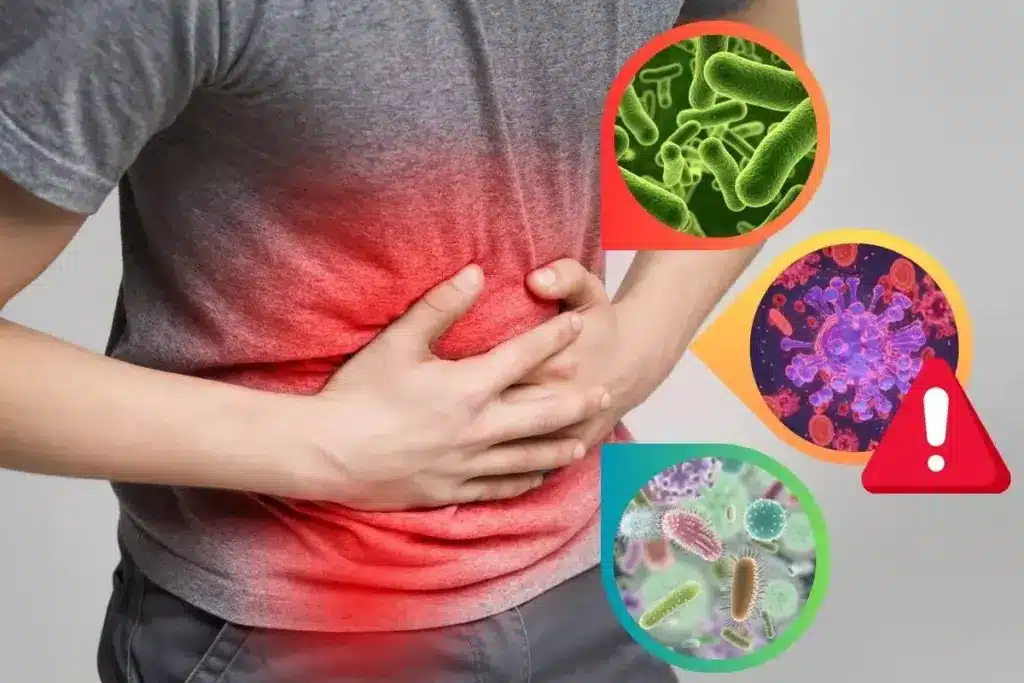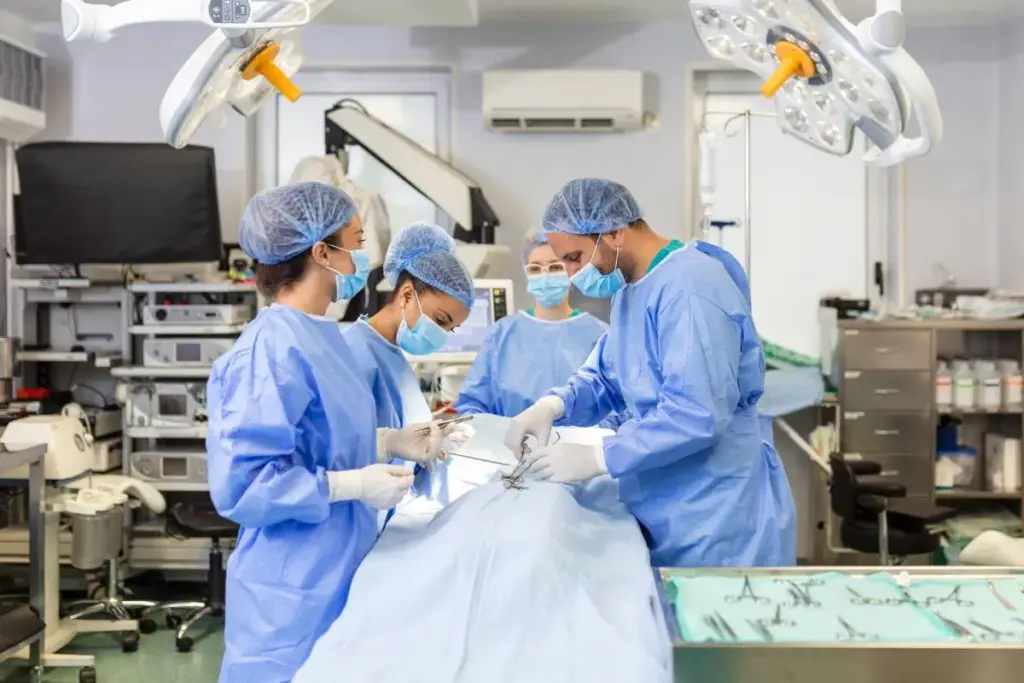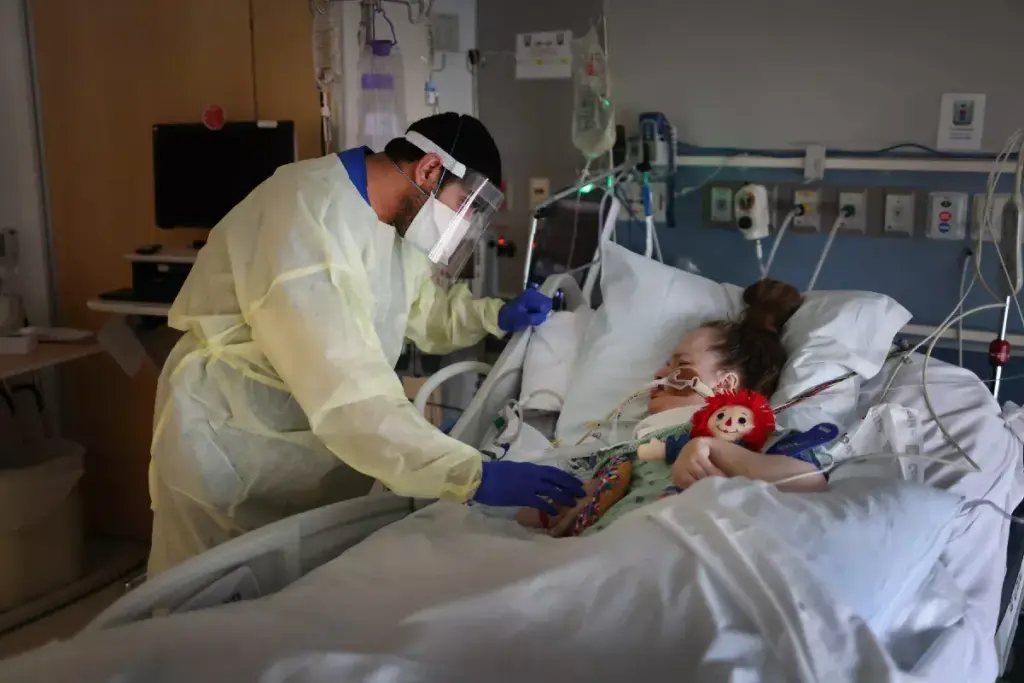how does cancer kill you
Cancer is a major killer worldwide, causing nearly 10 million deaths in 2020. The lethal impact of cancer on the body is a complex process. It involves the uncontrolled growth and division of cells, forming tumors that can invade vital organs. What Kills Cancer Cells? When cancer cells divide quickly, they take over resources from healthy cells. This can cause tissue damage and organ failure. Chemotherapy is a common treatment that targets these rapidly dividing cells, aiming to halt the progression of the disease.
Key Takeaways
- Cancer is a major cause of death globally, with a significant impact on public health.
- The growth and division of cancer cells can lead to tumor formation and organ damage.
- Chemotherapy is a treatment that targets rapidly dividing cancer cells.
- Understanding how cancer affects the body is key for developing effective treatments.
- Cancer treatment options vary depending on the type and stage of the disease.
Understanding Cancer: The Basics of Abnormal Cell Growth
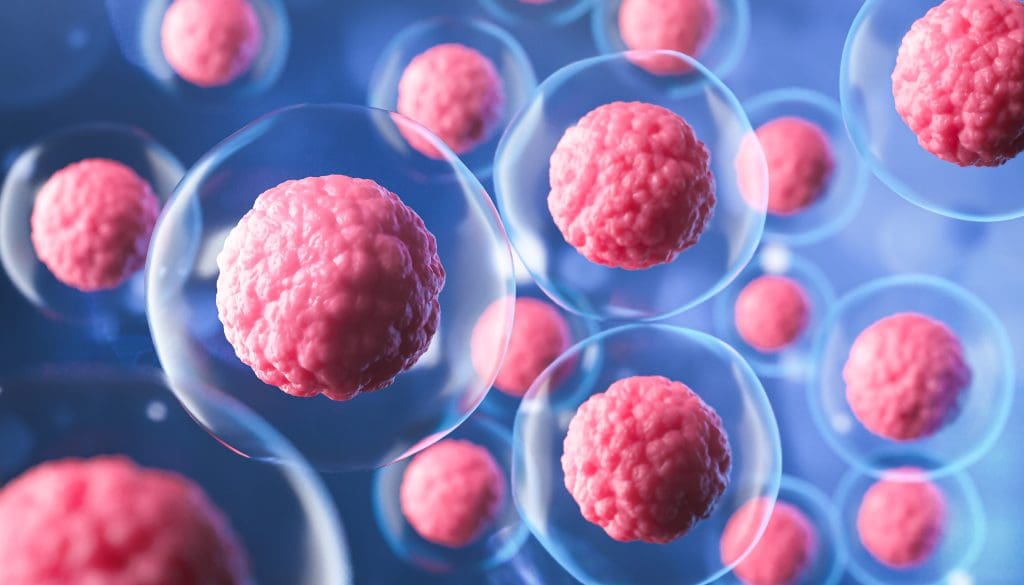
To understand cancer, we need to know how cancer cells are different from normal cells. Cancer cells keep dividing without stopping. This is unlike normal cells, which have ways to control their growth and division.
What Makes Cancer Cells Different from Normal Cells
Cancer cells grow and divide without control, thanks to genetic mutations. These mutations can come from many sources, like environmental factors and genetics. Also, cancer cells can hide from the immune system, which usually finds and gets rid of abnormal cells.
The Process of Carcinogenesis
Carcinogenesis is how normal cells turn into cancer cells. It’s a series of genetic changes that let cells grow out of control. The process has three stages: initiation, promotion, and progression, each with more genetic changes.
Common Types of Cancer and Their Characteristics
Cancer can start in different parts of the body, leading to various types. Each type has its own traits. Below is a table that lists some common types of cancer and what makes them unique.
| Type of Cancer | Description | Common Locations |
| Carcinoma | Cancer that begins in the skin or tissues that line or cover internal organs | Breast, lung, colon |
| Sarcoma | Cancer that develops in the connective or supportive tissues | Bones, fat, muscle |
| Leukemia | Cancer of the blood | Bone marrow |
| Lymphoma | Cancer of the immune system | Lymph nodes, spleen |
How Does Cancer Kill You: The Deadly Progression
cancer progression
Cancer is deadly because it messes with our body’s important functions. As it grows, it can damage vital systems, leading to death.
Primary Mechanisms of Cancer-Related Death
Cancer can kill in many ways, mainly by messing with our cells and organs. It can invade and damage vital organs, making them work poorly.
Cancer also forms metastases, or secondary tumors. These can harm organs more and make health worse.
Organ Failure and System Breakdown
As cancer gets worse, it can cause organ failure. For example, liver cancer can mess up the liver’s job, while lung cancer can stop us from breathing.
The body’s fight against cancer can also weaken it. This includes inflammation and changes in how we use energy. These effects can make us more likely to get sick.
Cachexia and Metabolic Disruption
Cachexia is a big problem in advanced cancer. It makes us lose weight, feel tired, and weak. It happens because cancer messes with how we use energy and nutrients.
Cachexia weakens the body, making it harder to fight cancer and reducing the effectiveness of treatments such as chemotherapy. Fighting cachexia is key to helping patients live better and possibly longer.
Understanding how cancer kills helps doctors find better ways to treat it. This includes fixing organ problems, fighting cachexia, and managing energy use. This way, they can help patients live better and possibly longer.
The Body’s Natural Defenses Against Cancer
immune system response to cancer cells
The human body has many ways to fight cancer cells. These defenses are key in stopping cancer from growing and spreading.
Immune System Response to Cancer Cells
The immune system attacks cancer cells in several ways. It uses immune cells like T cells and natural killer cells. These cells find and kill cancer cells, helping to stop tumors from growing. Immunotherapy approaches try to make this fight stronger, helping the body fight cancer better.
Apoptosis: Programmed Cell Death
Apoptosis, or programmed cell death, is a key process. It gets rid of damaged or unwanted cells, including those that could turn cancerous. When cells die through apoptosis, they do so in a controlled way, stopping them from growing out of control. Dysregulation of apoptosis is a sign of cancer, and learning about it helps us understand what kills cancer cells.
Tumor Suppressor Genes and Their Function
Tumor suppressor genes help control cell growth and prevent tumors. They fix DNA mistakes, slow down cell division, or make cells die if they’re damaged. If these genes don’t work right, cells can grow too much, leading to cancer. Knowing how these genes work helps us find signs that cancer cells are dying and new ways to treat cancer.
In summary, fighting cancer involves the immune system, apoptosis, and tumor suppressor genes. Learning more about these defenses helps us find new ways to treat cancer and fight this disease.
How Cancer Affects Specific Organs
cancer effects on organs
Different cancers target specific organs, causing various problems. The way cancer grows and affects the body changes with each organ. Knowing these differences helps doctors create better treatment plans.
Lung Cancer: Respiratory Failure and Complications
Lung cancer is a major cause of death globally. It mainly harms the lungs, causing breathing problems and other issues. Symptoms include a long-lasting cough, chest pain, and trouble breathing.
Respiratory failure often happens in late-stage lung cancer. This is when the lungs can’t get enough oxygen or get rid of carbon dioxide. “Lung cancer is a highly aggressive disease, and its impact on respiratory function can be devastating,” say cancer experts.
Liver Cancer: Impact on Vital Metabolic Functions
Liver cancer messes with the liver’s key jobs, like detoxifying and making proteins. The liver is vital for metabolism, and cancer here can cause serious health problems. Symptoms include jaundice, belly pain, and unexpected weight loss.
The liver can’t detoxify the body well with liver cancer, leading to toxin buildup. This can cause liver failure. Liver cancer’s effect on metabolism can greatly harm overall health.
Stomach Cancer: Nutritional Deficiencies and Complications
Stomach cancer, or gastric cancer, messes with digestion. This can lead to nutritional problems and other issues. Symptoms include trouble swallowing, nausea, and belly pain.
As stomach cancer gets worse, it can cause big nutritional deficiencies. This can hurt the patient’s health a lot. Treatment usually includes surgery, chemotherapy, and radiation to manage symptoms and slow the disease.
Conventional Cancer Treatments and Their Mechanisms
It’s important to know how conventional cancer treatments work. They are key in helping patients. Cancer treatment has grown a lot, with these methods at its core.
Chemotherapy, radiation therapy, and surgery are the main treatments. Each one attacks cancer cells in its own way.
Chemotherapy: Targeting Rapidly Dividing Cells
Chemotherapy uses drugs to kill or slow down cancer cells. It targets cells that grow fast, like most cancer cells. But, it can also harm normal cells that grow quickly, like hair and gut cells.
A famous oncologist, said,
“Chemotherapy is not a single entity; it’s a variety of different drugs with different mechanisms of action.”
This variety lets doctors mix treatments to fit each patient’s needs.
Radiation Therapy: DNA Damage and Cell Death
Radiation therapy uses high-energy waves to kill cancer cells. It causes DNA damage, stopping cancer cells from growing and leading to their death.
Surgical Interventions: Physical Removal of Cancer
Surgery removes tumors and is used when cancer is in one place. It works well for many cancers, mainly when the tumor is not cancerous or hasn’t spread.
Choosing a treatment depends on many things. These include the cancer type and stage, and the patient’s health. Knowing about these treatments helps patients make better choices for their care.
Advanced Cancer Therapies
Advanced cancer therapies are changing how we treat cancer. These new treatments are more effective and cause fewer side effects than old methods.
Targeted Molecular Therapies are a big step forward. They target specific molecules in cancer cells, protecting healthy cells. For example, trastuzumab targets the HER2 protein in HER2-positive breast cancer.
Targeted Molecular Therapies
These therapies are very specific. They cause less harm to normal cells, leading to fewer side effects. A study in the Journal of Clinical Oncology shows they improve patient results.
Immunotherapy Approaches
Immunotherapy uses the immune system to fight cancer. Methods like checkpoint inhibitors and CAR-T cell therapy have been very successful. For instance, pembrolizumab is used for melanoma and other cancers.
Hormone Therapy for Hormone-Dependent Cancers
Hormone therapy treats cancers driven by hormones, like some breast and prostate cancers. It blocks natural hormones to slow cancer growth. Tamoxifen is a hormone therapy for breast cancer.
The growth and use of these advanced therapies mark a big change in cancer treatment. They bring new hope to patients and better results.
Factors Affecting Cancer Mortality and Treatment Success
It’s important to know what affects cancer mortality to improve treatment results. Cancer is a complex disease. Many factors influence its progression.
Cancer Stage and Grade at Diagnosis
The stage and grade of cancer at diagnosis are key to treatment success. Early-stage cancers are easier to treat than those diagnosed later.
Genetic Factors and Personalized Medicine
Genetic factors greatly affect how well someone responds to cancer treatment. Personalized medicine is becoming more important. It’s tailored to a patient’s genetic profile.
Lifestyle and Environmental Influences
Lifestyle choices and environmental exposures can impact cancer mortality. For example, smoking is a major risk factor for many cancers.
Access to Healthcare and Treatment Options
Having access to healthcare and treatment options is vital. Disparities in access can affect treatment outcomes.
In conclusion, cancer mortality and treatment success depend on many factors. These include cancer stage and grade, genetic factors, lifestyle, and healthcare access. Understanding these is key to effective cancer treatment strategies.
Metastatic Cancer and Its Progression
Cancer metastasis is a big problem in fighting cancer. It’s when cancer cells move from where they started to other parts of the body. This journey includes steps like invasion, circulation, and settling in new places.
When metastatic cancer spreads, it makes treatment harder. Cancer cells can start new tumors in different places. This can cause many symptoms, like pain or problems with the brain, depending on where they go.
It’s key to know how metastatic cancer progresses to find good treatments. Cancer cells change genetically and molecularly to break free, move through tissues, and reach other parts of the body through blood or lymph.
The fight against metastatic cancer is tough. It makes surgery harder and local treatments less likely to work. But, treatments like chemotherapy and targeted therapy are vital in fighting the disease.
Scientists are working hard to understand cancer progression and metastasis. They’re finding new ways to stop or slow cancer’s spread. This includes new treatments based on what we know about cancer’s molecular changes.
In short, metastatic cancer is a big challenge in cancer treatment. We need to understand how it spreads and find ways to overcome its complexities to help patients more.
Conclusion: The Future of Cancer Treatment
The world of cancer treatment is changing fast. This is thanks to new research and medical tech. We’re learning more about cancer, leading to better ways to fight it.
New ideas like oncolytic viruses are showing promise. These viruses target and kill cancer cells. Also, scientists are looking at old drugs to see if they can fight cancer too.
These new methods give us hope for better cancer care. As research keeps moving forward, we’ll see treatments that are more tailored to each patient. This could lead to better survival rates and care for those with cancer.
FAQ
How does liver cancer impact vital metabolic functions?
Liver cancer disrupts vital functions like detoxification, protein synthesis, and energy production. It can lead to liver failure, which is life-threatening.
What is cachexia, and how does it relate to cancer?
Cachexia is a condition of weight loss, muscle wasting, and metabolic changes. It’s common in advanced cancer patients and can contribute to mortality.
How does lung cancer kill you?
Lung cancer can cause respiratory failure, bleeding, and complications. It can also spread to other parts of the body, leading to metastatic disease.
Can stomach cancer kill you?
Yes, stomach cancer can be fatal if not treated promptly. It can cause nutritional deficiencies, bleeding, and other complications that are life-threatening.
What factors affect cancer mortality and treatment success?
Factors affecting cancer mortality and treatment success include cancer stage and grade, genetic factors, lifestyle, and healthcare access.
How does radiation therapy work to kill cancer cells?
Radiation therapy damages cancer cells’ DNA, leading to cell death. It can be used alone or with other treatments like chemotherapy and surgery.
What is the role of tumor suppressor genes in cancer?
Tumor suppressor genes regulate cell growth and prevent cancer. They repair DNA damage, slow cell division, or initiate apoptosis in damaged cells.
How does the immune system respond to cancer cells?
The immune system attacks cancer cells. But, cancer cells can evade it by producing immunosuppressive factors. They can also alter their surface antigens.
What are the primary mechanisms through which cancer leads to death?
Cancer leads to death through organ failure, cachexia, and metabolic disruption. It can also cause severe pain, bleeding, and other complications.
How does cancer affect specific organs like the lungs, liver, and stomach?
Cancer affects organs differently. Lung cancer can cause respiratory failure. Liver cancer disrupts vital metabolic functions. Stomach cancer can lead to nutritional deficiencies and complications.
What is metastatic cancer, and how does it lead to mortality?
Metastatic cancer spreads to other parts of the body from its original site. It invades vital organs, causing organ failure. This disrupts normal bodily functions, leading to mortality.
How does chemotherapy work to kill cancer cells?
Chemotherapy targets cells that grow fast, like cancer cells. It interferes with their growth by damaging their DNA. This leads to cell death.
What makes cancer cells different from normal cells?
Cancer cells grow uncontrollably and have genetic mutations. They can evade the immune system. This is different from normal cells, which don’t grow uncontrollably or invade tissues.
How does cancer kill you?
Cancer can kill by causing organ failure, cachexia, and metabolic disruption. It invades vital organs, disrupting their function. This leads to systemic failure.




